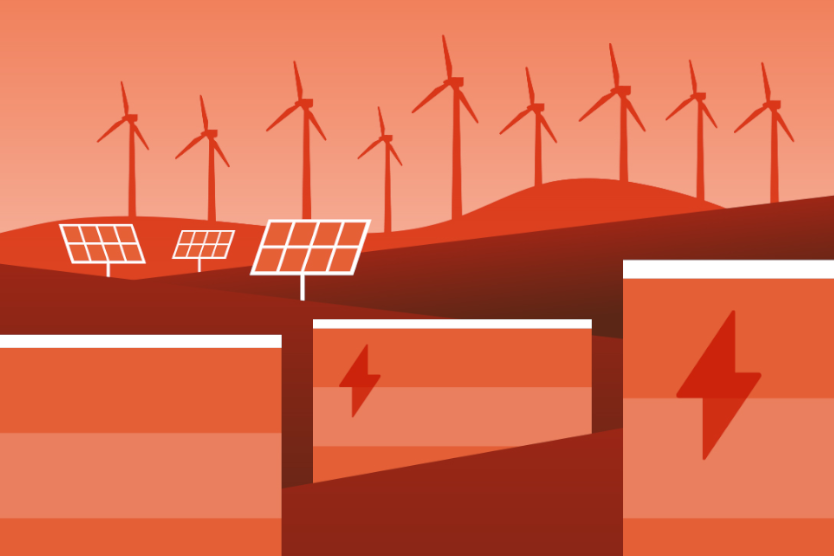
To support the energy transition, TH Köln and the WWU Münster founded the Virtual Institute of Smart Energy (VISE) initiative.
All over Germany, energy systems must be digitalised to enable the shift towards a decentralised model based upon renewables. In practice, that means driving uptake of smart measuring applications on a regional level from individual households through to small and medium-sized businesses (SMEs), so that supply and demand can be mapped and met in real time.
To support the transition, the University of Applied Sciences Köln (TH Köln) and the Westfälische Wilhelms-Universität Münster founded the Virtual Institute of Smart Energy (VISE) initiative in 2017, with prominent scientific partners and funding from the state of North Rhine-Westphalia. Reports for VISE’s three sub-projects are now in. On the one hand, they illuminate way forward, especially for small businesses, but they also show where there’s work to be done.
The Jülich Research Centre was responsible for “Smart Technologies for Businesses” which encompassed user analyses and solution-based approaches for energy efficiency. The researchers uncovered several obstacles to digitalisation: "Many SMEs are not aware of the relevance of the topic. Or they lack the time, knowledge and human resources to deal with it in detail," summarises Professor Thorsten Schneiders, VISE project lead at the TH Köln, in a press release. A portable measuring valise was therefore developed that displays energy flows and helps users to make efficiencies.
The centre also delivered "Smart Energy in Households", which looked at different solutions for monitoring and managing energy usage in households with a high degree of automation and ease.
Finally, the Institute of Energy Economics at the University of Cologne took charge of the third project “Regional Virtual Power Plants” (meaning a network of decentralised plants orchestrated together in the local grid). It explored flexible marketing strategies at the household level and found a number of economically viable business models.


